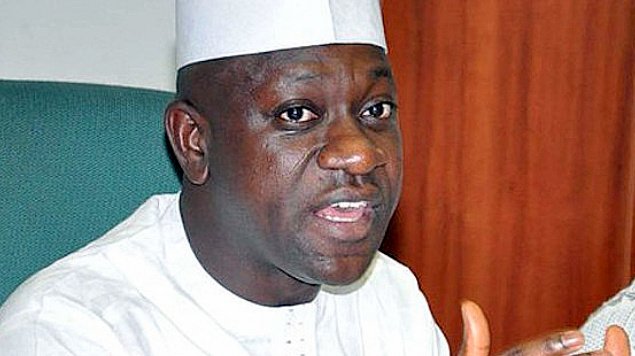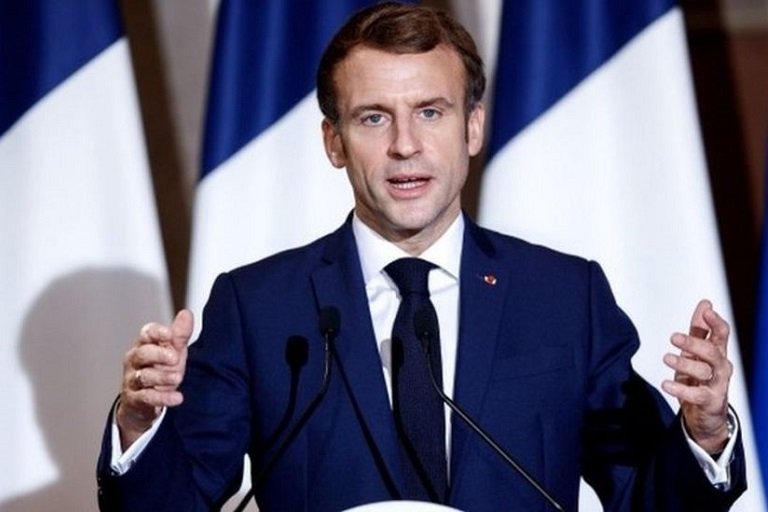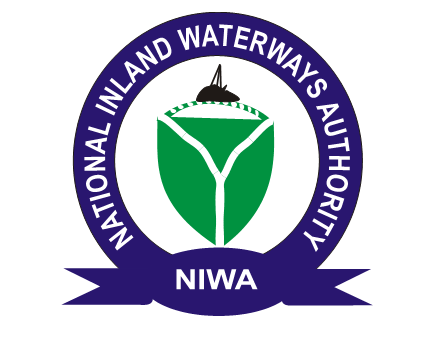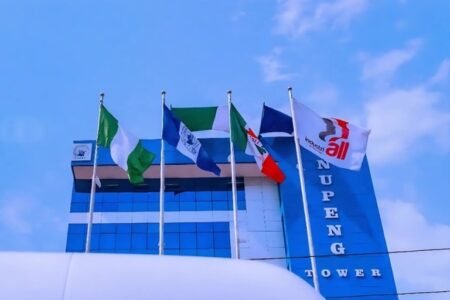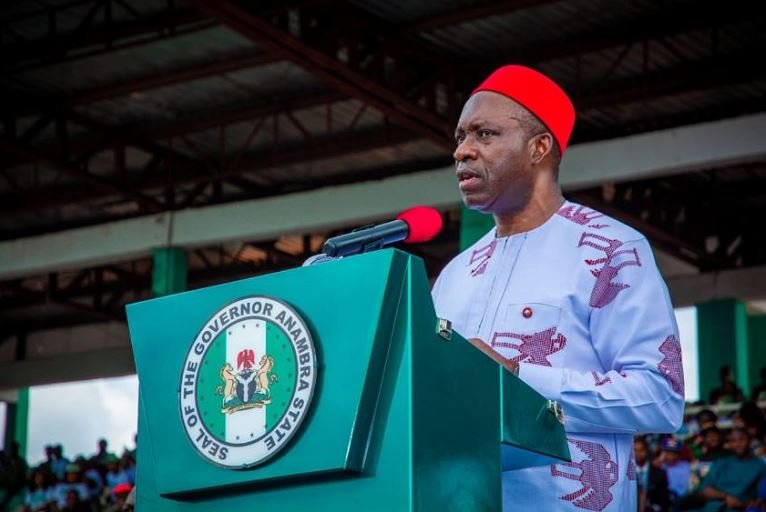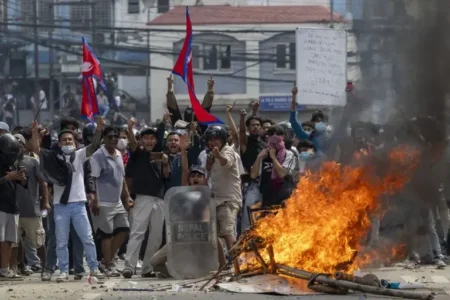The Kano State chapter of the New Nigeria People’s Party (NNPP) has expelled Abdulmumin Jibrin, the lawmaker representing Kiru/Bebeji Federal Constituency in the House of Representatives, citing allegations of anti-party conduct and failure to fulfill his financial obligations to the party.
The announcement was made on Saturday by the state chairman, Alhaji Hashim Dungurawa, during a press briefing in Kano.
Dungurawa explained that Jibrin’s expulsion was a consequence of his repeated media criticisms of the party and its leadership, as well as his public alignment with political opponents of former governor Rabiu Musa Kwankwaso.
“Instead of dialogue, he went further to work against our interest, openly declaring loyalty outside the party. That is why we expelled him. He has no value to add,” Dungurawa said.
The chairman also accused Jibrin of neglecting his mandatory dues and vowed to pursue legal action to recover the outstanding payments.
“We will drag him to court to recover what he owes the party. It is a constitutional requirement for every member to pay dues, but he has consistently failed to do so,” he added.
Addressing claims that Jibrin’s possible return to the All Progressives Congress (APC) could destabilize the NNPP, Dungurawa dismissed the notion, insisting that the Kwankwasiyya movement remained firmly behind Kwankwaso.
“If he was truly strong politically, he would have won his election under the APC, but he failed. It was when he joined NNPP through Kwankwasiyya that he became a House of Reps member. Now he is deceiving himself thinking he is strong,” he said.
Jibrin, who previously served as Director-General of the Bola Tinubu Support Groups Management Council before rejoining Kwankwaso in 2022, had recently suggested that he might exit the NNPP.
He defected from the APC to the NNPP in 2022, capitalizing on the Kwankwasiyya structure to secure his House of Representatives seat.
His removal adds another layer of intrigue to Kano’s shifting political scene, where both the APC and NNPP are already strategizing ahead of the 2027 general elections.





